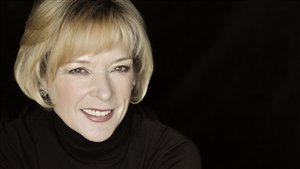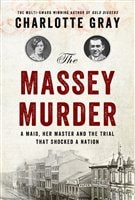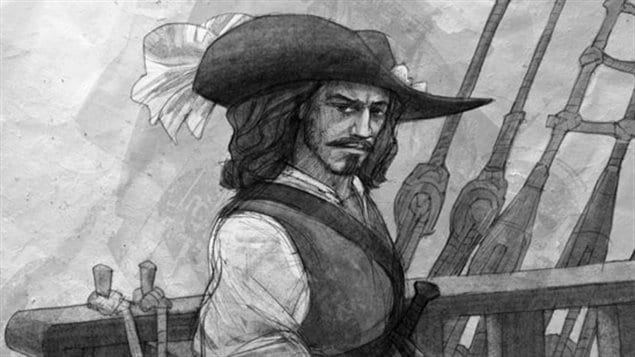The first Monday in August is a holiday in all Canadian provinces except Quebec and it should be named after explorer Samuel de Champlain, says historian and author Charlotte Gray.
The provinces have different names for the day. “They’re all called these incredibly bland names like ‘Civic Holiday’ or ‘Provincial Holiday,’” said Gray. “I think it would be more fun to have a holiday to which a proper name is attached with a proper story.”
“Incredibly brave” Champlain
Calling Champlain the father of modern Canada, Gray notes he was an incredibly brave navigator and sailor who not only landed and explored the coast of North America in the early 1600s, but also was the first European to create settlements in the Gulf of St. Lawrence. The gulf became the entry point for the European exploration of what would become Canada.
Obstacles abounded. Many ships were wrecked trying to cross the Atlantic Ocean but Champlain was a gifted sailor. Once they arrived, European settlers faced a very short summer season and a harsh winter during which they could easily starve. Help from native people was often crucial.

says Charlotte Gray. © ValbergImaging
Established good relations with aboriginals
“(Champlain) seems to have been a kind of sunny-tempered, open-minded explorer who managed very quickly to establish good relations with the aboriginal peoples that he met,” noted Gray. “They quickly understood that he wanted to trade with them. He didn’t want to exterminate them which so many other explorers had done to the south and in the Caribbean.”
Champlain was able to build and sustain settlements. He brought his own wife over from France and adopted three aboriginal girls whom he named Faith, Hope and Charity. Gray suggests the names typify the explorer, particularly Faith, perhaps symbolizing his faith in human nature. “I think that he really, genuinely felt that all people could get on well together and that both the indigenous peoples and the French could benefit from his new colony.”
Canadians don’t know their history, believes Gray, and she thinks that would improve with a debate about whether the holiday should be named after Champlain. She can think of several reasons why it should.
Champlain typifies Canadian “grit and determination”
“I think he’s the kind of person who actually typifies a lot that I think is typical of Canadians today,” said Gray. “…a sort of open-minded curiosity, incredible grit and determination in the face of adversity, a desire to make peace with the aboriginal peoples that he met here, but real bravery as well.”
Objections to naming the holiday after Champlain will abound, anticipates Gray. First, she says there is a “wave of hostility against celebrating dead white men.” Next she suspects people in western Canada may argue that he only explored eastern regions of the country. Gray notes few explorers went west until two centuries later. Others won’t even know who Champlain is.
“Part of my argument is that if we call it Champlain Day all those people who don’t know anything about him can either learn about him or they can think it’s called Champagne Day, which is another good reason for celebration.”

comes out this fall.©
Harper Collins Canada
Historian Charlotte Gray is the author of several books about Canada including one about the gold rush and ‘The Massey Murder: A Maid, her Master and the Trial that Shocked the Nation’ to be published by Harper Collins this September.







For reasons beyond our control, and for an undetermined period of time, our comment section is now closed. However, our social networks remain open to your contributions.